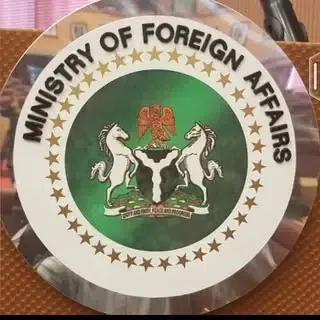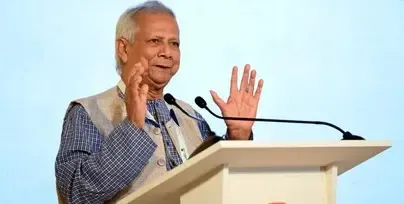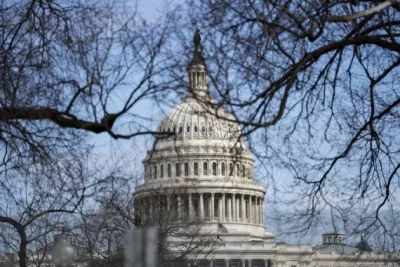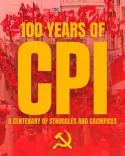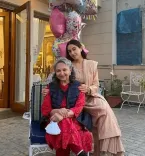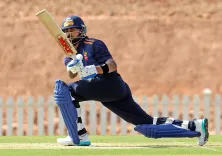How Does Trinidad and Tobago Commemorate 180 Years of Indian Arrival Day?
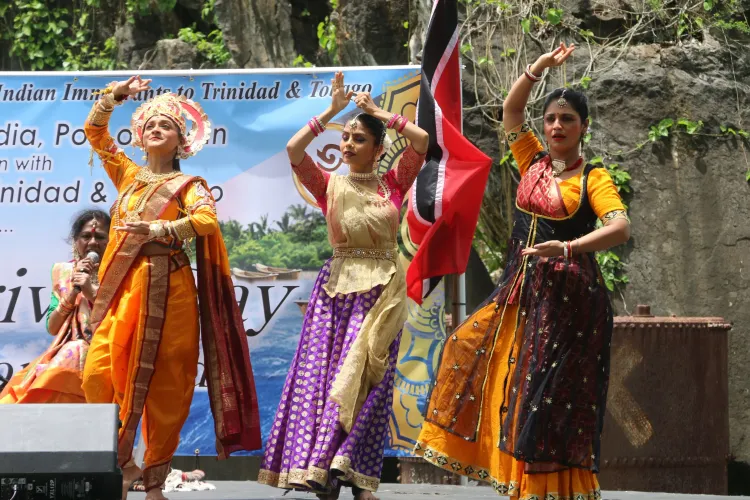
Synopsis
Key Takeaways
- Indian Arrival Day marks 180 years since Indian immigrants arrived in Trinidad and Tobago.
- The event featured cultural performances and was attended by various dignitaries.
- The Indian community has made significant contributions to the nation's cultural landscape.
- India and Trinidad and Tobago share a long-standing and cordial relationship.
- The Indian Diaspora has evolved into a successful entrepreneurial community.
Port of Spain, June 2 (NationPress) The Indian High Commission organized a significant event at Nelson Island in Trinidad and Tobago to commemorate 180 years since the arrival of the first group of Indian immigrants in 1845.
This celebration, which took place on Sunday, was a vibrant showcase of music and culture, attracting a diverse crowd including dignitaries such as Speaker of the House Jagdeo Singh, Deputy Speaker Aiyna Ali, senior Cabinet Ministers, Parliamentary Secretaries, Members of Parliament, Mayors, and community leaders.
The event's Chief Guest was Sean Sobers, Minister of Foreign and Caribbean Community (CARICOM) Affairs.
Welcoming remarks were extended by the Indian High Commissioner Pradeep Rajpurohit in a traditional manner.
Attendees had the opportunity to explore the ruins and exhibits on the island.
Indian Arrival Day is observed on May 30, the date when the first ship, 'Fatel Razack', arrived carrying 225 Indian indentured workers to Trinidad, then under British rule.
A statement from the office of the President of Trinidad and Tobago noted, “The 225 passengers who disembarked from the Fatel Razack that day could hardly have known the transformative impact their arrival would have on the country. They came as immigrants, with the understanding that they would have the opportunity to return to India after five years of indentureship. Happily for Trinidad and Tobago, very few returned. The vast majority of them elected to remain in the country. And their courageous decision changed the course of our history, forever.”
The statement further elaborated, “On Indian Arrival Day we celebrate their rich and lasting legacy. We celebrate their courage and their resilience, and the values and traditions that sustained them throughout their years of hardship and uncertainty. And we thank them for safeguarding and passing down the rich cultural heritage which has enriched and strengthened the fabric of Trinbagonian society beyond measure.”
India shares a historically warm and friendly relationship with Trinidad and Tobago.
The diplomatic relations commenced on August 31, 1962, and have since progressed steadily with various levels of engagement.
India recognized Christine Carla Kangaloo, President of Trinidad and Tobago, with the Pravasi Bharatiya Samman Award for her exceptional contributions to public affairs and enhancing India's global prestige.
Kangaloo, who is of Indo-Trinidadian descent, was the chief guest at the 18th Pravasi Bharatiya Divas Convention held in Bhubaneswar, Odisha, from January 8-10, 2025, where her virtual address garnered widespread acclaim.
During her speech at the Pravasi Bharatiya Divas, Kangaloo highlighted the deep historical connections between India and Trinidad and Tobago, which began in 1845 with the arrival of Indian indentured workers.
She pointed out that India was among the first nations to establish diplomatic ties with Trinidad and Tobago following its independence.
The Indian Diaspora in Trinidad and Tobago has evolved from indentureship to successful entrepreneurship, comprising business leaders, manufacturers, and professionals across various sectors such as politics, law, medicine, and academia.
According to the Indian High Commission, this diaspora represents the largest and most prosperous ethnic group in the Caribbean, contributing significantly to the cultural and economic landscape of the nation.


